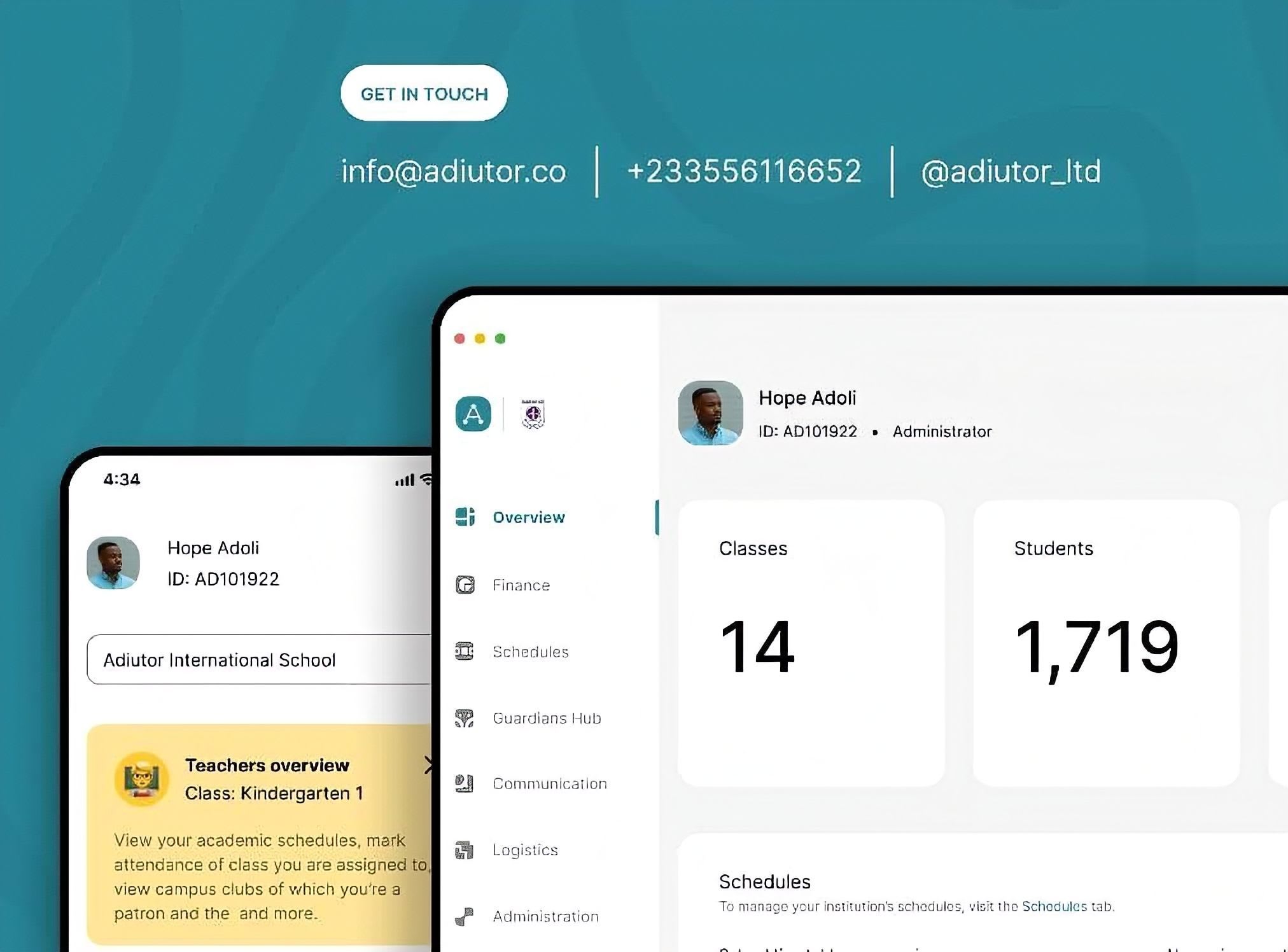The impact of school leadership on student achievement
It goes without saying that the quality of school leadership plays an integral role in helping students reach their full academic potential. Effective leadership is crucial in ensuring that schools are providing high-quality education and preparing students for success in the modern world.

It goes without saying that the quality of school leadership plays an integral role in helping students reach their full academic potential. Effective leadership is crucial in ensuring that schools are providing high-quality education and preparing students for success in the modern world. Over the years, numerous studies have been conducted to explore the relationship between school leadership and student achievement. In this article, we will highlight some of the findings from these studies, and discuss how school leaders can use this information to improve student outcomes.
💡 Lessons learnt: The core of leadership is not to manufacture greatness, but to elicit it.
Instructional and Transformational Leadership
Instructional leadership refers to the actions taken by school leaders to improve teaching and learning in their schools. It involves providing teachers with the necessary support and resources to enhance their instructional practices, as well as monitoring and evaluating their effectiveness. Instructional leadership has been found to have a positive impact on student achievement (Leithwood & Jantzi, 2008).
Transformational leadership, on the other hand, refers to the actions taken by school leaders to inspire and motivate their staff towards achieving a shared vision. Transformational leaders are visionary, charismatic, and supportive, and they create a sense of trust and respect among their followers. Transformational leadership has been found to be positively associated with student achievement, school effectiveness, and teacher job satisfaction (Leithwood & Sun, 2012). Another study by William et al. (1995) found that transformational leadership was positively associated with student achievement.
Effective school leaders understand the importance of both instructional and transformational leadership in improving student outcomes. They create a culture of continuous learning and improvement, providing teachers with the necessary support and resources to enhance their instructional practices. They also inspire and motivate their staff towards achieving a shared vision, creating a sense of purpose and direction in the school community. In recent years, the use of educational digital technologies has become increasingly prevalent in schools. Effective school leaders are willing to adopt and promote these technologies, as they can have a significant impact on student learning outcomes.
Building and Sharing the School Vision
School leaders must be able to effectively communicate this vision to teachers, students, and parents, and work collaboratively to ensure that it is being realized. A shared vision helps to align the efforts of all members of the school community towards a common goal, creating a sense of purpose and direction.
Research has consistently shown that a clear and compelling school vision is associated with improved student achievement. A shared vision creates a sense of belonging and pride in the school community, leading to increased motivation and engagement among all stakeholders.
Effective school leaders understand the importance of building and sharing a clear school vision. They involve all members of the school community in the visioning process, seeking input and feedback from teachers, students, parents, and other stakeholders. They ensure that the vision is aligned with the school's mission, values, and goals, and communicate it clearly and consistently to all members of the school community. A study by Leithwood, Seashore Louis, Anderson, and Wahlstrom (2004) found that schools with strong, shared visions had higher levels of student achievement.
Collaborative Culture
Studies have consistently found a strong relationship between collaborative culture and improved student achievement. When teachers, students, and parents work collaboratively, they are better able to identify and address the unique needs and challenges of each student. A study by Bryk, Sebring, Allensworth, Luppescu, and Easton (2010) found that schools with a strong collaborative culture had higher levels of student achievement. Another study by Fullan (2006) found that successful school leaders were those who were able to effectively balance the internal and external demands of their roles. Collaboration also promotes a sense of shared responsibility for student success, leading to increased motivation and engagement among all stakeholders.
Effective school leaders understand the importance of creating a collaborative culture in their schools. They foster an environment that encourages open communication, shared decision-making, and mutual respect. They recognize the value of building strong relationships with all members of the school community, including teachers, students, parents, and other stakeholders.
References:
Ida Cheyenne Martinez Lunde (2022). Digitization in School Leadership and Educational Governance
Bryk, A. S., Sebring, P. B., Allensworth, E., Luppescu, S., & Easton, J. Q. (2010). Organizing schools for improvement: Lessons from Chicago. University of Chicago Press.
Fullan, M. (2006). The future of educational change: System thinkers in action. Journal of Educational Change
Hallinger, P., & Heck, R. H. (2010). Collaborative leadership and school improvement: Understanding the impact on school capacity and student learning. School Leadership & Management
Leithwood, K., Seashore Louis, K., Anderson, S. and Wahlstrom, K. (2004) How Leadership Influences Student Learning.
Leithwood, K., & Jantzi, D. (2008). Linking leadership to student learning: The contributions of leader efficacy, Educational Administration Quarterly.
Leithwood, K., & Sun, J. (2012). The nature and effects of transformational school leadership: A meta-analytic review of unpublished research. Educational Administration Quarterly.
William L. Koh, Richard M. Steers, James R. Terborg (1995). The effects of transformational leadership on teacher attitudes and student achievement in Singapore schools.

Adiutor
Adiutor means "helper" - we do just that, by taking a load of your school administration and helping you focus on what matters most: the kids.
